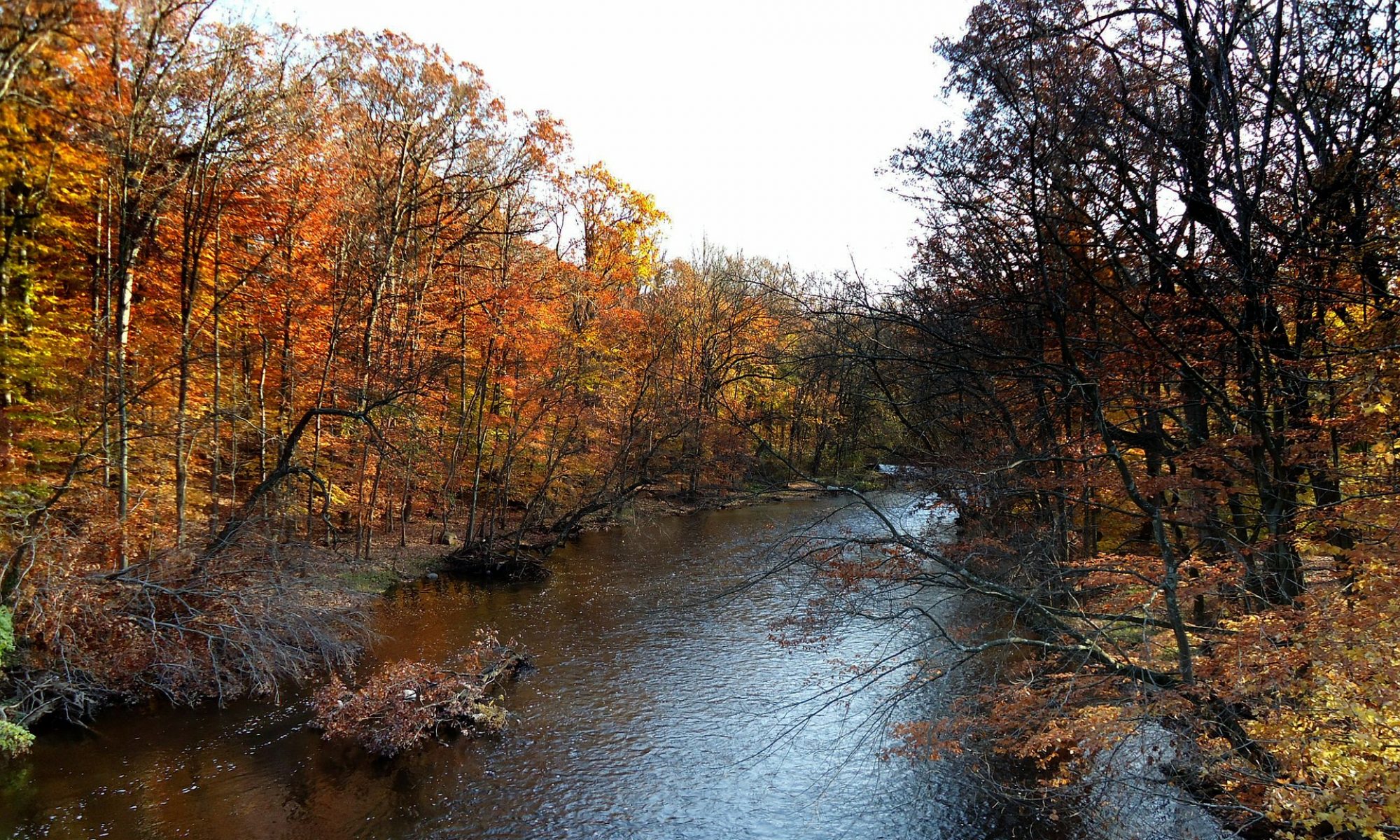Having Transformation Go Viral in New Jersey
New Jersey, like the rest of the world, is in a period of profound transition. As we come grips with the fact that humanity’s impact on the planet is creating serious risks for all of us, and that each of us must do what we can, where we are, to make a difference—we simultaneously realize that our individual actions are insufficient, and that we need, at all levels, transformational change. We need to foster an awareness within both local and global communities that change is both essential and inevitable. Whether we’re concerned with climate change, or biodiversity loss, or social injustice, it’s clear that above all we need to restructure our economy, to make it cleaner, and fairer, and more restorative of Earth’s systems in order to achieve any degree of sustainable prosperity.
For many people, the sheer size and scope of this challenge may seem beyond their ability to comprehend, so they withdraw into narrower realms of life — making a living, maintaining a relationship, or pursuing “professional development.” Those who do recognize what the planet confronts us with may become cynical and resigned, get burned out, or simply feel overwhelmed and unable to take any meaningful action. The challenge, in this game, is to engage with other social change agents in a common search for the levers of regenerative transformation.

